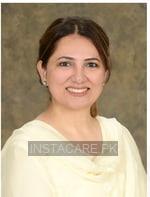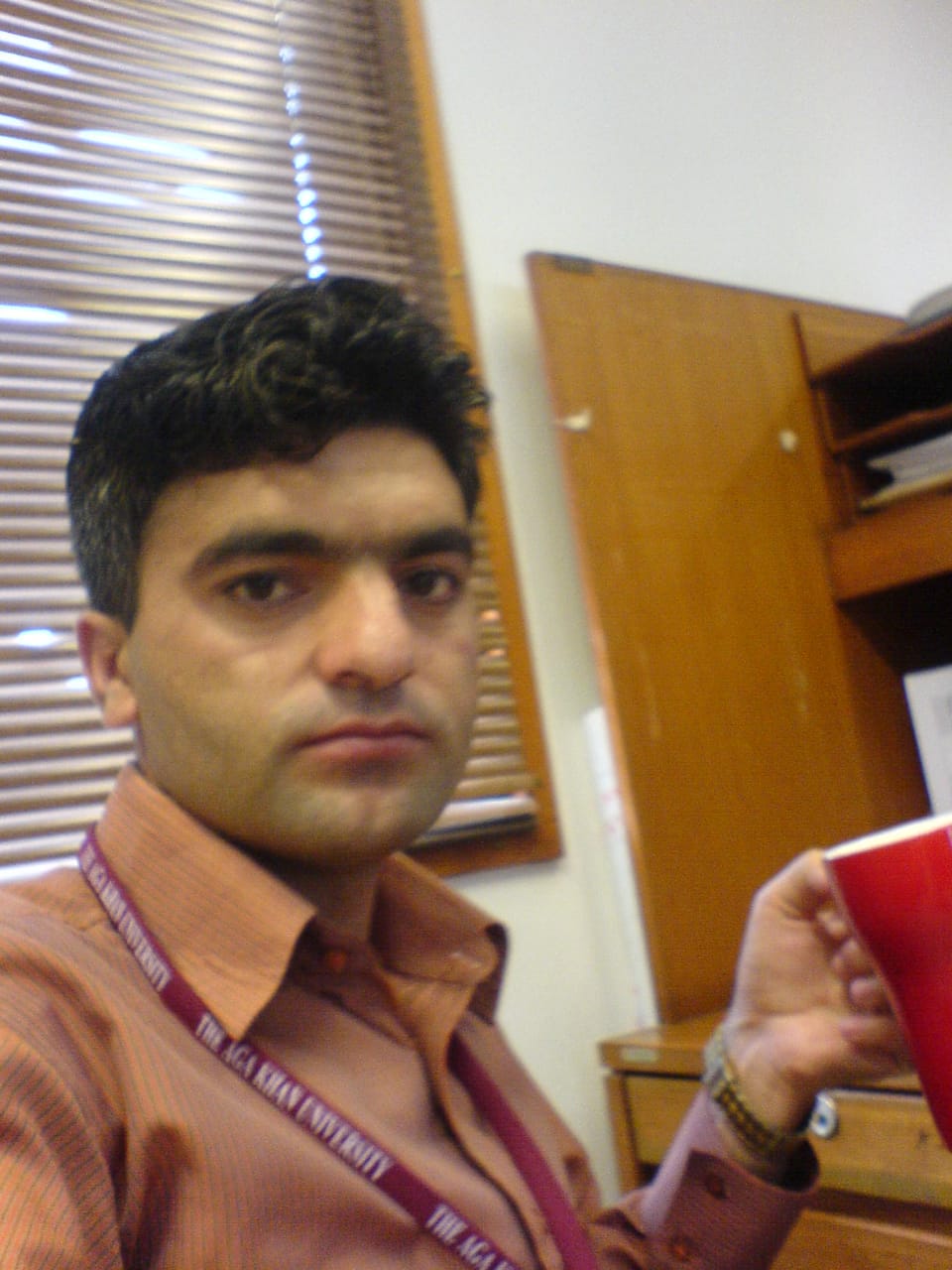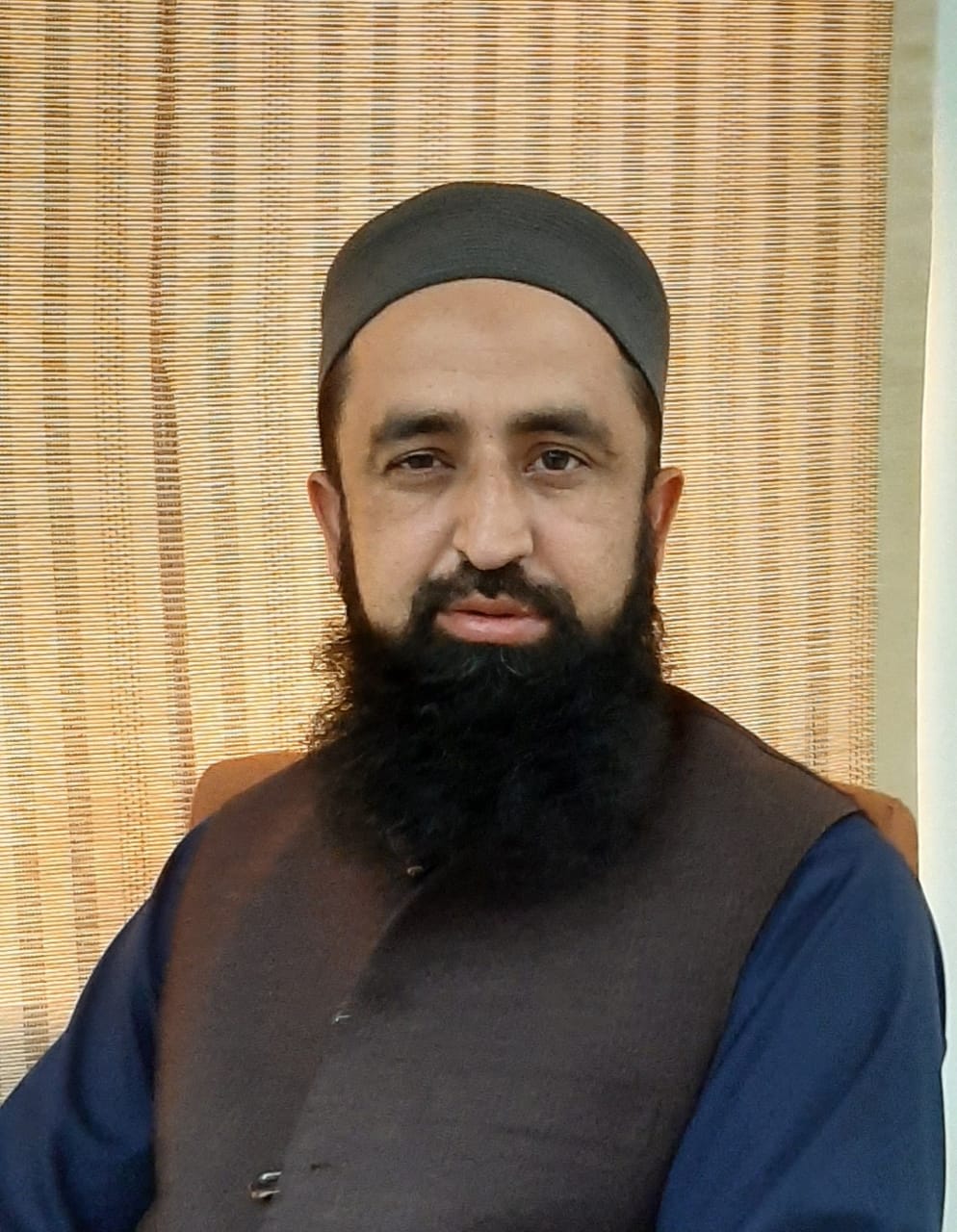Hiccups - Symptoms, Risk factors and Treatment
Last Updated On Friday, February 13, 2026
Hiccups in Urdu
ہچکی ڈایافرام کے پٹھوں کا غیر ارادی طور پر سنکچن ہے۔ ہچکی کے دوران، ایک سکڑاؤ ہوتا ہے، جس کے بعد آواز کی ہڈیوں کا اچانک بند ہونا ہوتا ہے- جس سے ہچکی کی آواز آتی ہے۔ زیادہ تر یہ خود ہی رک جاتا ہے۔ لیکن کبھی کبھی، یہ ایک بنیادی طبی حالت کا اشارہ ہو سکتا ہے. یہ ضرورت سے زیادہ کھانے، بہت زیادہ شراب پینے، اچانک جوش یا کاربونیٹیڈ مشروب پینے کی وجہ سے ہو سکتا ہے۔ عام طور پر ہچکی چند منٹوں میں رک جاتی ہے۔ بہت کم، یہ مہینوں تک جاری رہتا ہے، جو تھکا دینے والا ہو سکتا ہے۔
Hiccups in English
Hiccups are involuntary contractions of the diaphragm muscle. During hiccups, a contraction occurs, which is followed by the sudden closure of vocal cords- that produces a hic sound. Mostly it stops on it so own. But sometimes, it can be an indication of an underlying medical condition. It can occur due to overeating, consuming too much alcohol, sudden excitement, or drinking a carbonated beverage. Normally hiccups stop in some minutes. Very rarely, it continues for months, which can be exhausting.
Symptoms
Hiccups themselves is a symptom that occurs due to other conditions. Sometimes it may be accompanied by chest tightness or a feeling of tightness in the throat or abdomen. If you have hiccups that last more than 48 hours or if they are severe that you are unable to talk, sleep, eat or breathe, you should seek professional advice. Do not delay your visit to the healthcare provider.
Causes
Hiccups can occur due to various reasons. It can be triggered due to various factors that include;
· Eating too much
· Excitement
· Emotional stress
· Drinking carbonated beverages
· Drinking too much alcohol
· Sudden temperature changes
· Swallowing air with chewing gum
If hiccups occur due to any of the above-mentioned reasons, it mostly stops in 48 hours.
Hiccups, if persist, for more than 48 hours, can be due to other factors such as;
· Central nervous system disorders
· Nerve irritation or damage
· Metabolic disease and drugs
Central nervous system disorders
An infection or a tumor in the central nervous system or its damage can disrupt the normal hiccup reflex. It can occur due to conditions like;
· Encephalitis
· Meningitis
· Traumatic brain injury
· Tumors
· Multiple sclerosis
· Stroke
Nerve irritation or damage
Long-term hiccups can occur due to irritation of phrenic nerves or vagus nerves that compress the diaphragm muscle. Factors leading to irritation and damage to these nerves can be;
· Something like hair touching your eardrum
· Cyst or goiter in the neck
· Tumor in the neck
· Sore throat
· Laryngitis
· Gastroesophageal reflux
Metabolic disease and drugs
Drugs that can cause hiccups are;
· Barbiturates
· Anesthetic agents
· Steroids
· Tranquilizers
Diseases that cause hiccups are;
· Diabetes
· Electrolyte imbalance
· Kidney disease
Consuming too much alcohol can also cause hiccups.
Risk factors
Factors that can lead to hiccups are;
Male gender
Long-term hiccups occur more in men as compared to women. However, this may not be the case all the time.
Stress
Mental or emotional stress can lead to short-term or long-term hiccups.
Excitement
Being too excited can lead to hiccups, mostly for the short term.
Surgery
People undergoing abdominal surgery or those who have recently undergone general anesthesia are at risk of developing hiccups.
Complications
Hiccups, if do not stop in a short time, can cause problems like;
· Difficulty eating, which in turn can cause weight loss.
· Difficulty falling asleep.
· Impaired wound healing due to constant movement because of hiccups.
· Inability to speak properly.
How to Stop Hiccups?
To stop hiccups, you can try breathing in the paper or holding your breath for some seconds and then releasing it. Both these techniques help build carbon dioxide in your lungs, which in turn relaxes the muscles of the diaphragm. Sometimes drinking milk can also help stop hiccups.
If hiccups persist for a long time, you should visit your healthcare provider as it can be a sign of some underlying health condition.
Conclusion
Hiccups can be painful, if persist for a long time. They can occur due to various reasons but commonly it occurs due to overeating, gastric acid reflux, and drinking carbonated beverages.








